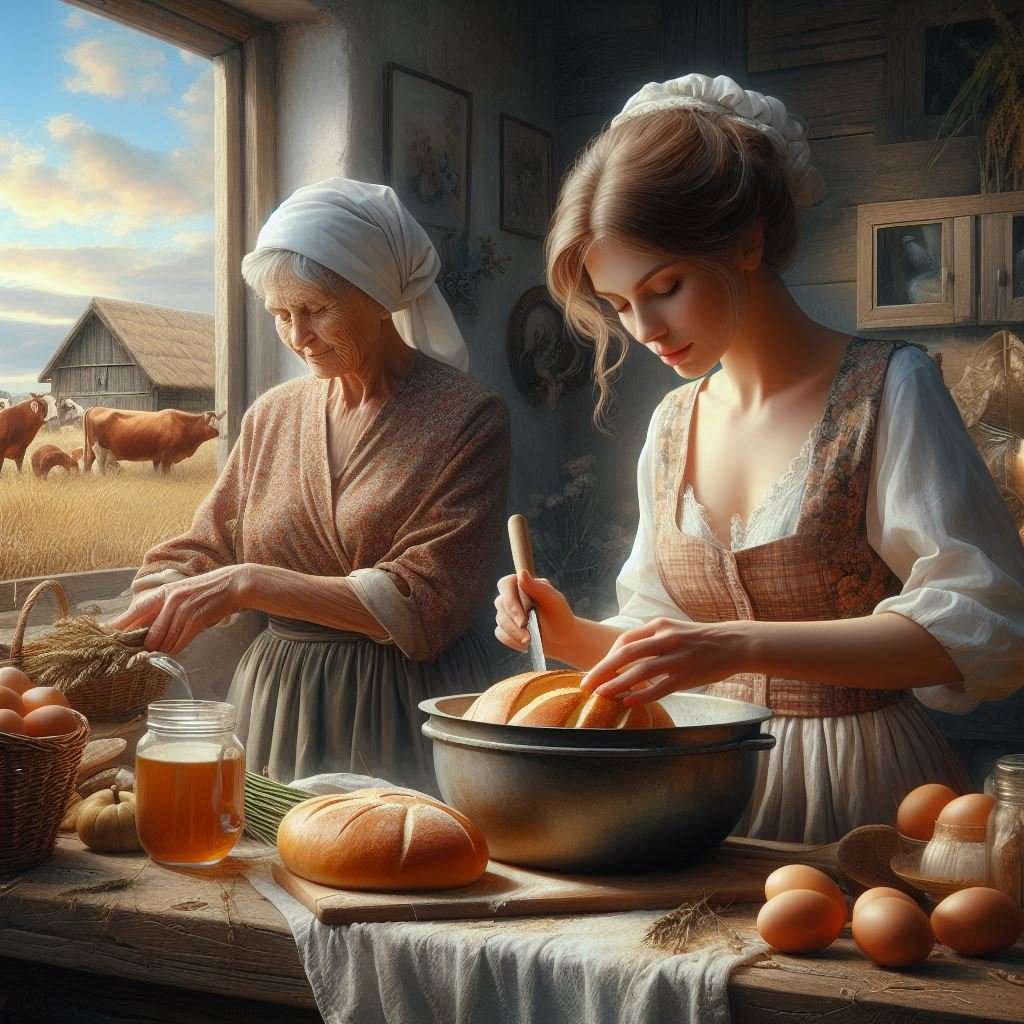The Timeless Art of Cooking From Scratch
The Timeless Art of Cooking From Scratch
Growing up in the rural heartland, Sue Sanger learned from an early age the importance of cooking from scratch, a skill passed down from her grandmothers and loved ones. In an age where convenience food dominates the market, Sue reflects on the lost art of homemade cooking and recalls a simpler time when learning to cook was a necessary part of life.
“We didn’t have everything,” Sue reminisces. “In grandma’s day and essentially mine, you just had to do it from scratch because you didn’t have everything. It was a learning experience, let’s say.” For Sue, cooking was a fundamental aspect of daily life, grounded in necessity rather than choice. She recalls stories of her maternal grandmother, Mary Harris, who, as a doctor’s wife, dedicated herself to cooking and nourishing her family without modern conveniences.
Today, we live in a world where everything, including meals, is designed for rapid consumption. Men and women are driven to stores stocked with ready-made products, largely influenced by major companies with their sights set on profit. For Sue, the stark contrast lies in the appreciation of food that comes with creating dishes from basic ingredients. “You became a good cook because you had to feed your man,” she comments, highlighting the cultural expectations of her era.
In her experience, the kitchen was the domain of women, while men took care of the farm and animals. It was this division of labor that helped create a sense of identity and community within families. Everyone had a role to play, whether it was cooking, farming, or simply “slopping the hogs,” a daily chore Sue took on with vigor.
Sue’s tales of growing up on a farm paint a vivid picture of a life well-lived in touch with nature and the changing seasons. It was hard work, but it built strength and character. “It gave you an appreciation for the things you have,” she reflects, noting the simple joys of turning cream into butter or baking bread from scratch.
As society moves further away from these simpler times, Sue suggests that we may have lost not only an appreciation for food itself but also the experience and joy in its creation. Cooking from scratch fostered a connection to food and to each other—a bond that today is often sacrificed for convenience.
In Sue’s own words, “Life was basic. You grew your own food. You had to fend for yourself.” While she appreciates modern conveniences, Sue carries with her the values and lessons learned from a life of simplicity and self-reliance. Her story serves as a heartfelt reminder that there is merit and value in the old ways, especially when it comes to the time-honored tradition of putting love and effort into a home-cooked meal.




